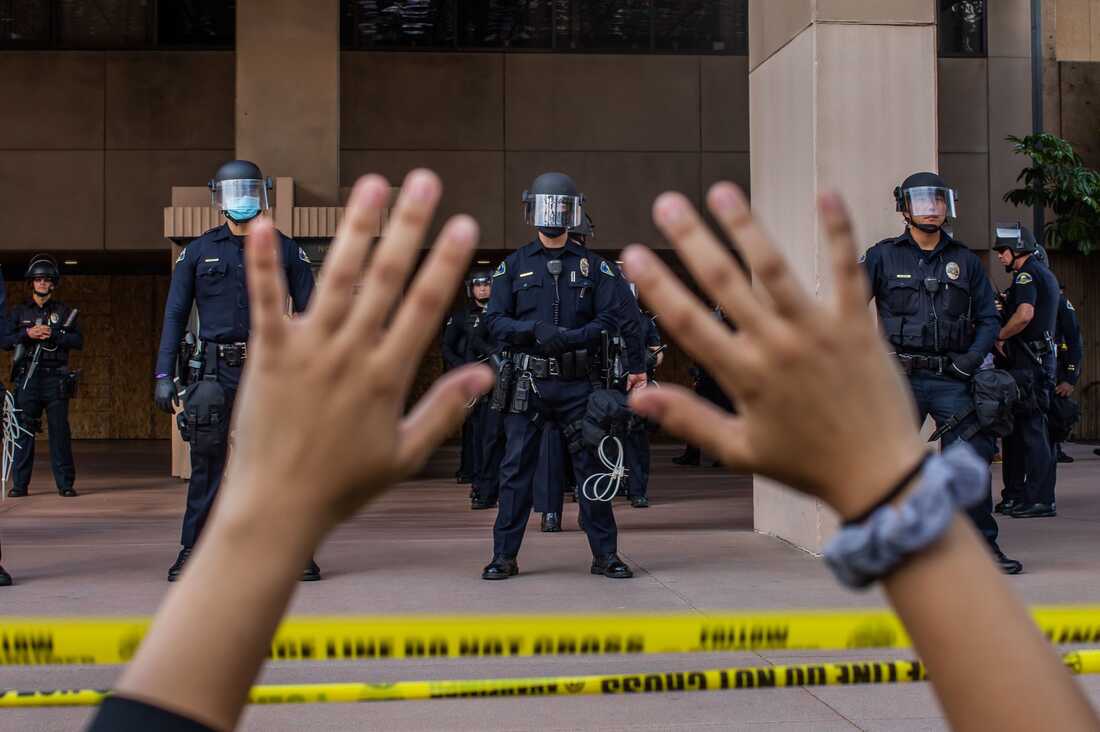Secret Police Chat Groups Exposed: Racism, Sexism, and Legal Fallout
The increasing exposure of private police chat groups across Canada is raising serious legal, ethical, and accountability concerns as courts, law enforcement agencies, and the public grapple with disturbing content and misconduct allegations.
From racist remarks and sexist conversations to controversial discussions about legal cases and politicians, these unofficial chat groups—once considered a hidden, internal space for officers—are now emerging in court proceedings, misconduct investigations, and public debates.
One of the most notable cases tied to leaked Toronto Police Service 51 Division chat groups dates back to August 2021, when a drug trial fell apart after the Crown prosecutor took the unusual step of requesting that key police testimony be scrapped.
Toronto Police Constable Ryan Kotzer, a key witness in a fentanyl and firearms case, had been questioned about disparaging remarks about Black people that he made in a private police group chat. The court found the evidence compromised, leading to the case’s collapse.
Another leaked conversation included a vulgar exchange where a police officer made a racist and sexually offensive comment about a female colleague. That incident was also cited in a separate human trafficking case, where defense attorneys used it to challenge the credibility of police witnesses.
“It was shocking,” said defense lawyer Alonzo Abbey, who represented one of the accused. “I’ve never seen that before.”
The legal implications of these police chat groups extend beyond the courtroom. In British Columbia, officers from the Nelson Police Department and Coquitlam RCMP have fought to block misconduct investigations, arguing that private messages on personal phones should remain private.
In one leaked conversation, Coquitlam Mounties expressed confidence that their offensive remarks would never be exposed because they were speaking “amongst the trusted.”
These ongoing legal battles could set national precedents for how far law enforcement agencies can go in investigating officers’ private digital communications.
The Toronto Police Association (TPA) and other police unions across Canada are closely monitoring a legal challenge by Nelson police officers, arguing that warrantless searches of personal phones violate officers’ constitutional rights.
TPA President Clayton Campbell acknowledged that some chat group material was “troubling”, but emphasized that police officers, like all citizens, have privacy rights under the Charter of Rights and Freedoms.
“Proper process needs to be followed,” Campbell said. “This could have serious ramifications for victims and prosecutions.”
The exposure of the Toronto Police 51 Division chat groups is largely attributed to former Toronto Police Service officer Firouzeh Zarabi-Majd, who leaked screenshot evidence in 2019.
She revealed that many officers panicked and exited the groups when they learned that their messages were being leaked, though she claims similar private conversations persist on personal devices.
“Officers still use their own phones to communicate,” Zarabi-Majd said. “That’s not going to stop.”
The scope of police misconduct linked to chat groups extends beyond Toronto.
A B.C. court search warrant application outlined highly offensive conversations in a Coquitlam RCMP chat, where officers allegedly:
- Used homophobic slurs against Black people
- Mocked a female rookie officer’s weight and appearance
- Bragged about Tasering unarmed Black individuals
- Made derogatory comments about a sexual assault victim
RCMP constables Ian Solven, Mersad Mesbah, and Philip Dick are scheduled for a code of conduct hearing on February 17 in Surrey, B.C., after unsuccessfully attempting to block the use of chat group messages as evidence.
In Nelson, B.C., five officers are facing investigations for an undisclosed WhatsApp group chat, described by officials as containing racist and discriminatory content. The officers have taken their case to the B.C. Supreme Court, arguing that their privacy was violated when their personal phones were seized.
The debate over police chat groups presents a clash between privacy rights and public accountability.
While police argue that private conversations should remain private, civil liberties advocates and legal experts insist that officers should not expect confidentiality when discussing police matters in unofficial forums—especially when those conversations include racist, sexist, or unethical content.
Aislin Jackson, a lawyer with the B.C. Civil Liberties Association, argues that police should not be able to shield misconduct behind claims of privacy.
“If officers are using chat groups to conduct the business of the public in secret, that is improper and unethical,” she said.
The fallout from leaked police chats is already reshaping legal cases, police oversight, and public trust in law enforcement. As courts grapple with the implications, the future of private police chat groups remains uncertain—but their exposure is already having real consequences in Canadian policing.

